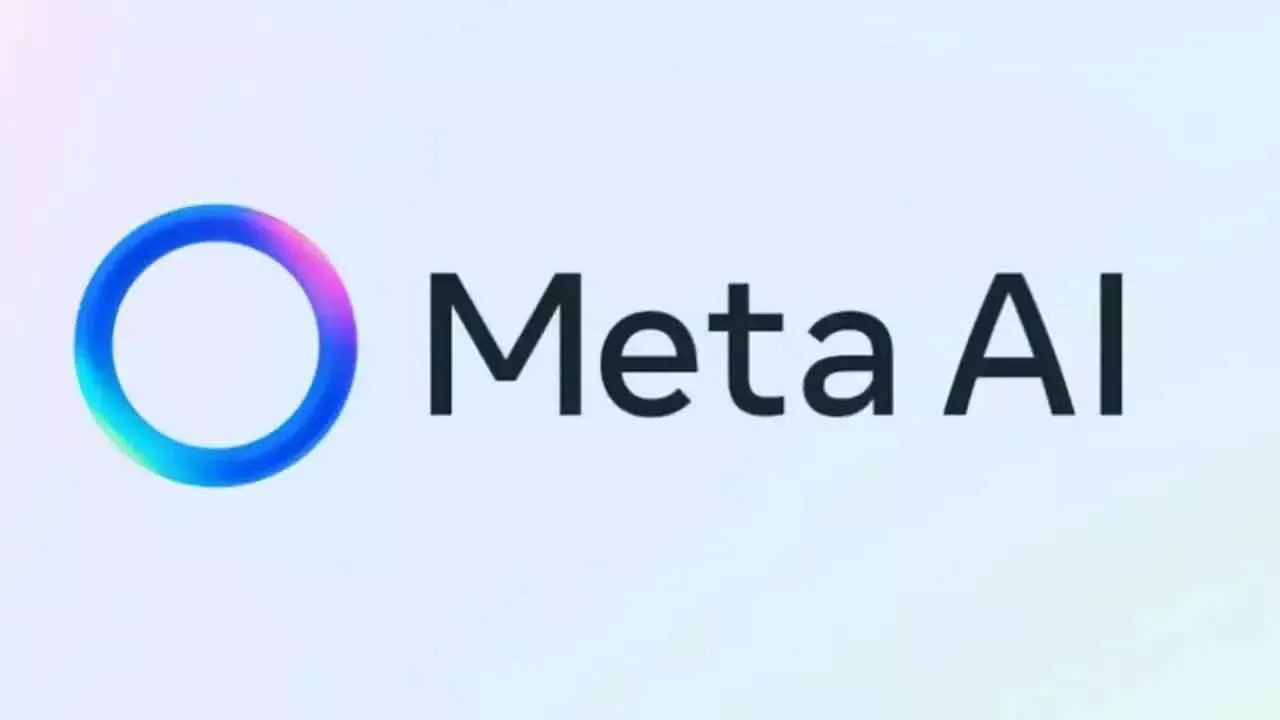Meta just locked in its most high-profile AI deal yet. The company has entered a Midjourney partnership that will bring one of the best image-generation models on the market directly into Meta’s tools. For Meta AI, this means a leap in quality. For everyone else, it means Midjourney is about to get a whole lot easier to access.
Midjourney partnership reshapes Meta’s visual AI strategy

Until now, Meta AI could generate images and videos using its own in-house models. That system worked, but it didn’t quite compete with leaders like DALL·E or Midjourney. This new partnership changes that. Instead of continuing to rely on internal tools, Meta will integrate Midjourney’s models into its platforms.
The result? Sharper visuals, more control, and more lifelike outputs without needing a Discord server or third-party app.
What makes Midjourney stand out
In the growing world of text-to-image AI, Midjourney holds a distinct place. Its results often look handcrafted, with more creative fidelity than what many competitors offer. That’s exactly why Meta made the move. With this Midjourney partnership, the company doesn’t just improve its tools; it catches up to (and possibly surpasses) its rivals in visual AI.
Not a buyout, just a license deal
Meta didn’t acquire Midjourney, nor did it absorb the company into its AI division. This is a licensing agreement, meaning Midjourney will remain independent and continue running its own platform. It’s still the same company, it’s just reaching more people now.
Elon Musk’s xAI previously attempted a similar collaboration but failed to close the deal. Meta, however, managed to get it done.
Midjourney is coming to the masses
By bringing Midjourney into Meta AI, the company is opening the door to millions of users who’ve never touched the platform before. Whether through Messenger, Instagram, or Meta’s standalone AI assistant, image generation is about to feel more powerful and more accessible without the usual learning curve.
The Midjourney partnership isn’t just a backend upgrade. It’s Meta signaling that it’s done playing catch-up in the AI space and it’s ready to create, not just compete.














